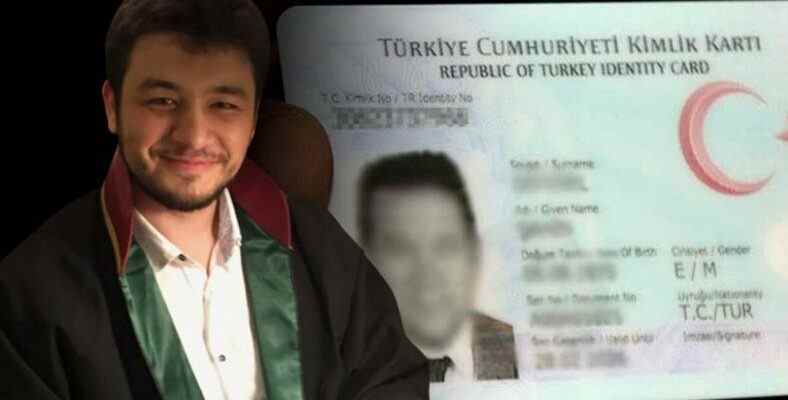The religious information clearly written on identity cards and old identity cards was removed from chip ID cards. As a matter of fact, this information in the population records, where the chip on the cards is integrated, was changed to Tengri for the first time in Turkey by a citizen.
The practice of including belief information in identities came to an end with the chip ID cards. However, although this information was not written on the new generation chip ID cards, it was included in the chips inside and in the population registration information accessed with those chips.
Those who wish can remove or change the religious information part of their ID cards. It is sufficient to apply to the population directorates for this process. However, religions officially included in identity cards in Turkey; A new one has been added to the beliefs of Islam, Christianity, Judaism and Judaism: Tengri.
Attorney Burhan Mumcuoğlu became the first Turkish citizen to make Tengri the religion information in the population records as a result of long efforts. Thus, the Tengri religion was officially recognized for the first time:
Upon Lawyer Mumcuoğlu’s request for a change, the Ministry of Interior addressed the issue and asked Dinayet, “Is Tengri a religion?” posed the question. Diyanet replied, “The term Tengri does not refer to a religion.” However, Mumcuoğlu changed the religious knowledge in the records despite this decision.
Thus, while the Tengri religion was officially accepted for the first time in Turkey, Lawyer Mumcuoğlu became the first official member of this religion.
What is the Tengri religion (Tengrism)?
The religion that Turkish and Mongolian peoples believed in before they converted to Islam or other religions was Tengri. According to this religion, which is also recorded as a sky god or Göktengri, people believe and pray to Tengri, the ancestor of the sky, Ötüken, the mother earth, nature spirit gods and the spirits of ancestors. The Tengri religion is still prevalent today in small groups of nomadic people in Asia and in a few rural areas in Russia.
